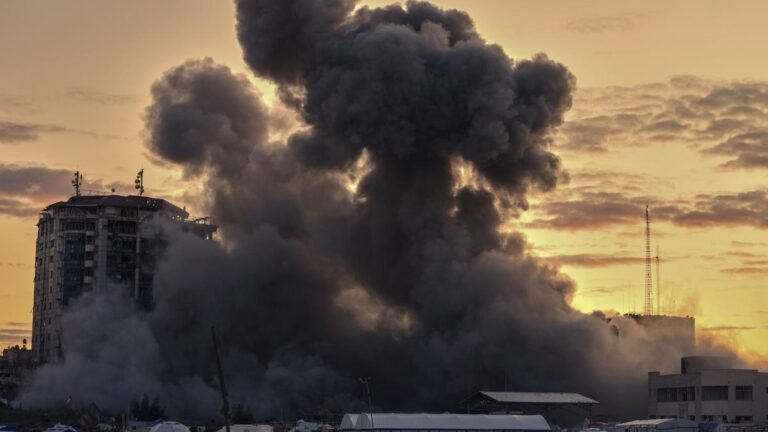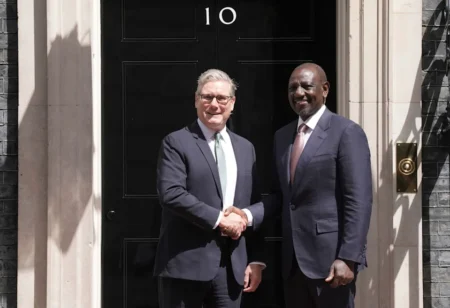Salah al-Bardaweel, a senior political leader of Hamas, was killed in an Israeli airstrike on Khan Younis, Gaza. The attack, which also claimed the life of his wife, is part of Israel’s intensified military operations against Hamas. The Israeli Defense Forces (IDF) have ramped up airstrikes following the collapse of ceasefire negotiations, escalating the ongoing conflict in the region.
Intensified Strikes on Hamas Leadership
The airstrike that killed al-Bardaweel was part of a broader offensive targeting Hamas leaders and infrastructure. Reports from pro-Hamas media indicate that the strike also resulted in the deaths of Essam Addalees, the head of Hamas’ de facto government, and Mahmoud Abu Watfa, the group’s internal security chief. The IDF has not confirmed these casualties but has reiterated its commitment to dismantling Hamas’ command structure.
The Israeli military stated that these operations are necessary to weaken Hamas’ ability to launch attacks and govern Gaza. Since the airstrikes began, multiple Hamas positions have been targeted, including command centers and weapons storage facilities.
Ceasefire Talks Collapse, Triggering Renewed Violence
The escalation comes after the failure of ceasefire negotiations that had been in place since January 19, 2025. The ceasefire was part of a three-stage agreement, with Israel seeking to extend the initial phase, while Hamas insisted on progressing to the second phase, which was set to start on March 2. This phase included additional hostage exchanges.
During the first phase, Hamas released 33 Israeli hostages and five Thai nationals. However, approximately 59 Israeli hostages remain in captivity. Israel has cited Hamas’ refusal to release more hostages and its rejection of mediation efforts as reasons for resuming military action.
Netanyahu Reaffirms Commitment to Eliminating Hamas
Israeli Prime Minister Benjamin Netanyahu has stated that Israel will continue its operations until Hamas is dismantled as both a military and governing force. In a statement, Netanyahu’s office emphasized that the intensified airstrikes are aimed at crippling Hamas’ leadership and securing the release of all remaining hostages.
“The refusal of Hamas to comply with ceasefire agreements and its continued aggression leave us no choice but to act decisively,” Netanyahu said. “Our mission is clear: to dismantle Hamas and secure the safety of our people.”
The Israeli government has also approved plans for further military actions, with a directive to the IDF to increase pressure on Hamas through strategic airstrikes.
Humanitarian Concerns and Civilian Impact
As the conflict intensifies, concerns about civilian casualties and humanitarian conditions in Gaza have grown. International organizations have urged both sides to prioritize de-escalation and protect non-combatants. The United Nations has called for renewed diplomatic efforts to broker a ceasefire and prevent further loss of life.
Meanwhile, regional powers, including Egypt and Qatar, have attempted to mediate between Israel and Hamas, but no breakthrough has been achieved. The situation remains tense, with further military operations expected in the coming days.
The Israeli-Palestinian conflict continues to evolve rapidly, with no immediate resolution in sight. As Israel intensifies its strikes and Hamas maintains its resistance, the death toll is expected to rise. The international community remains on high alert, closely monitoring developments in Gaza.







